
Middle School
Program
Our Middle School program prepares students for a successful transition to high school by equipping them with the skills, habits, and mindset they need to thrive.
Through thoughtful and deliberate instruction, we deepen core academic learning—expanding the Humanities through history and literature, integrating technology into math and science with purposeful instruction in computer science and coding, and engaging in a robust arts curriculum with dedicated courses in music and visual arts, broadening their creative expression.
Every aspect of the program is shaped by intentional teaching that ensures students develop confidence, character, and strong skills in analytical reading, scientific inquiry, deep writing, and applied mathematics.
How we teach
Students study geography, world religions, and American history through analysis, first person accounts, and the reading of novels and historical texts.
A strong focus on the study of vocabulary, grammar, and writing mechanics give students the tools they need to be successful in any high school they choose to attend. Students share their learning though individual and collaborative projects, reports, essays, and presentations.
Students see how math connects to their daily life through studying real-life problems, such as using geometry to build a greenhouse or tracking data for a climate study. An emphasis on both the study of math concepts and problem-solving prepares students to excel in math in high school, with most students entering an advanced algebra or geometry course.
This middle school science program guides students through an exploration of themselves, their environment, and the ethical challenges of the modern world. In sixth grade, students study the human body, food science, and local watersheds to understand how internal systems function, how food choices affect health, and how human actions impact local ecosystems.
Seventh grade shifts focus to climate change, engaging students in data analysis, design thinking, and problem-solving to examine how the Earth is changing and what they can do to help.
Eighth grade deepens scientific understanding through biology and bioethics, as students explore the complexity of life, evolution, and the moral dimensions of personal health and biotechnology.
Across the three years, students are asked not only to learn science but to consider their responsibility within it. They build their understanding through experiments, fieldwork, and projects that prompt them to consider how science influences their lives.
Year long studies in (6th) Consumerism and Fast Fashion; (7th) The History of Housing in Philadelphia; (8th) Invasive Species connect science, social studies, math, research, and communication together.
Students meet with experts, take trips and do research and investigations to help them deeply understand the facts, issues, and problems associated with the topic. They then create projects and public presentations to help guide understanding on these issues.
Students build technique, teamwork, and skills through team practices and competitive games against other area middle schools.
Middle School students take on key roles in the musical, including lead actors, ensemble members, and those involved in the stage crew or set design. Students practice leadership, responsibility, and creative collaboration.
Coding and AI, robotics, design, and the use of fabrication tools (like 3D printing and film editing) teach students to bring ideas to life and share them in real ways. Students choose a topic they care about and create a project that integrates design thinking, communication, and technology skills learned throughout the years at Frankford Friends. They plan, research, and share a capstone project with the whole school community.
A three-day two-night camping trip at the start of the year to build community amongst students and teachers, practice teamwork, and set shared goals as a Middle School community.
This is a specialized program where students are matched with a teacher/mentor and a small group of students. They learn about their strengths and areas for growth, leadership, how to set goals and follow them. They also choose from offerings that meet their interests (such as art, dramatics, music, athletics, reading, etc.) to create projects and do service that makes a difference in the community.
Examples are helping at the city library, doing concerts and playing games at the senior home, sewing blankets for women’s shelters, creating book walks in the park, and reading with preschool children.
Middle Schoolers hold a weekly Meeting for Business, where class representatives, selected by consensus using Quaker decision-making processes, discuss and make decisions about school life and shared concerns. They practice listening carefully to their peers' concerns and representing their needs, speaking up when they have ideas, and making decisions together.
Once a week, older elementary students gather to read books and do activities with a younger buddy in a partner class. A school favorite, this program fosters excitement for reading and builds long-lasting relationships across grade levels. Our reading curriculum includes frequent visits to the local Philadelphia Public Library in Frankford, a favorite part of the week for all of our avid readers!
Students delve deeper into Quakerism by examining how their values relate to contemporary issues. They practice fairness and leadership in Meeting for Business and in service projects that help their community. They discuss bias and privilege, as well as how to act with integrity, using Quaker testimonies as a guide for making choices that demonstrate care for others and the world around them.
Our graduates are well-prepared and welcomed by the high schools of their choice throughout the region.
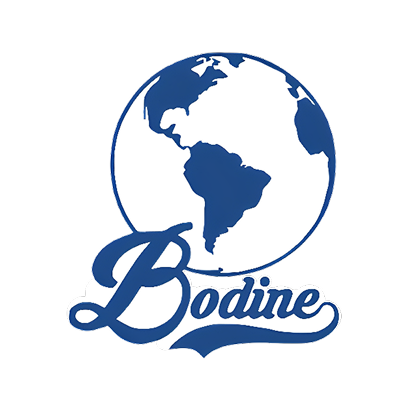
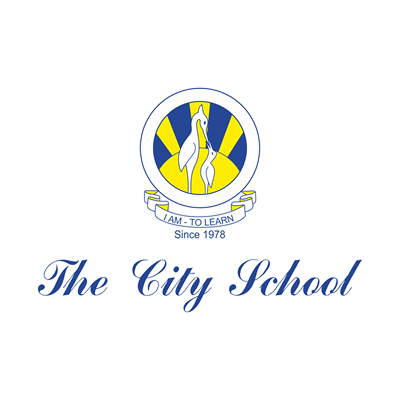
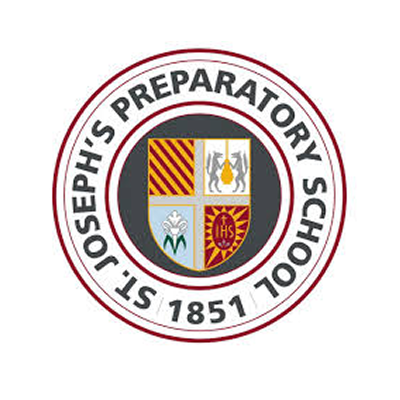
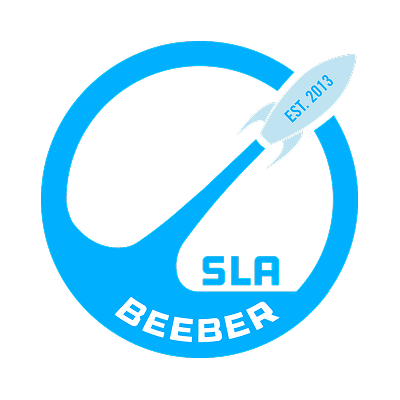
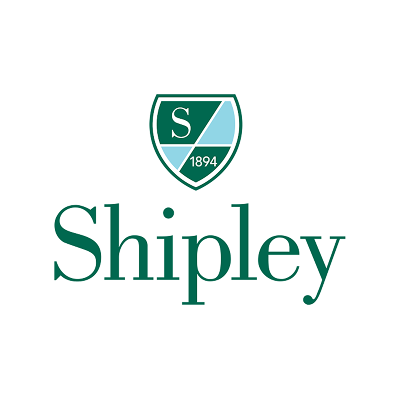

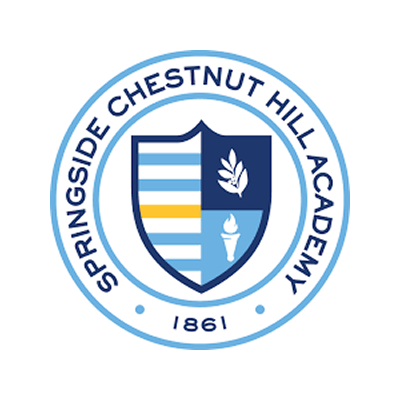
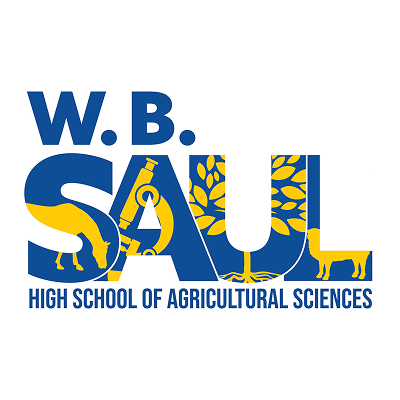
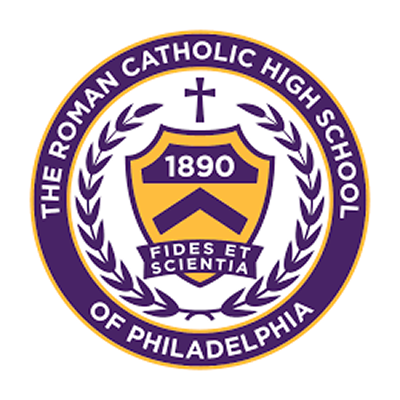
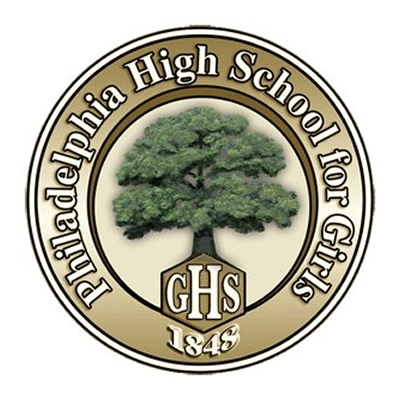
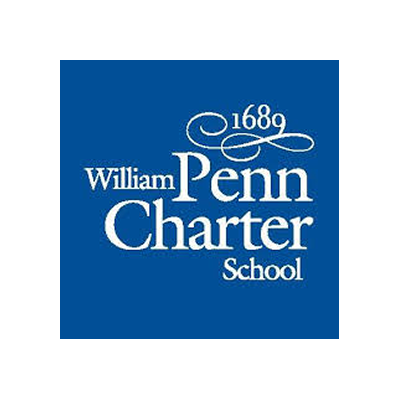
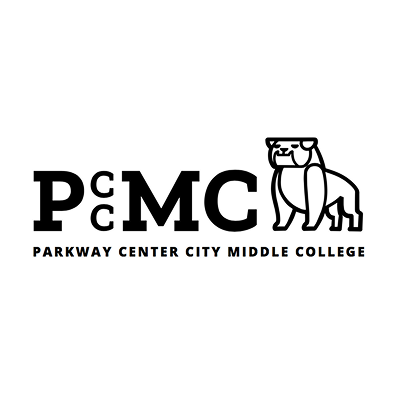
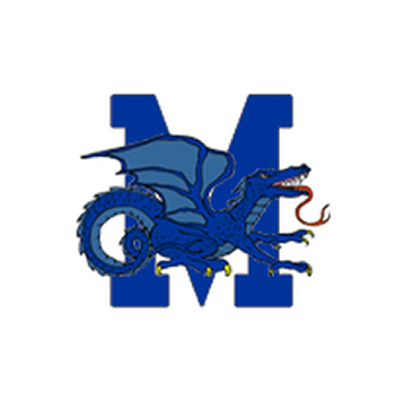
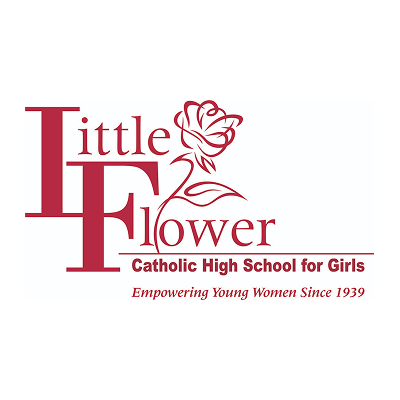
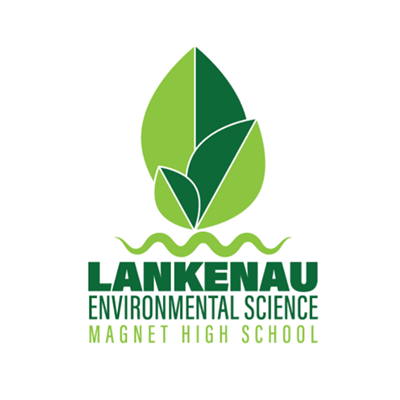
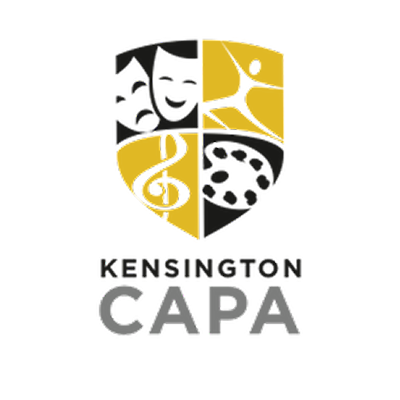
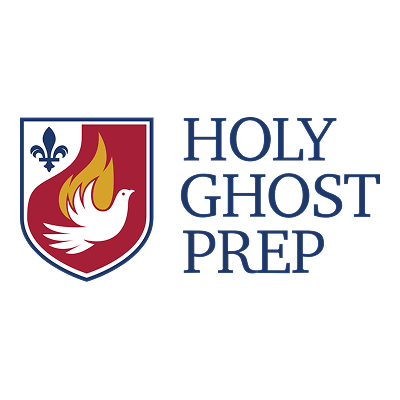
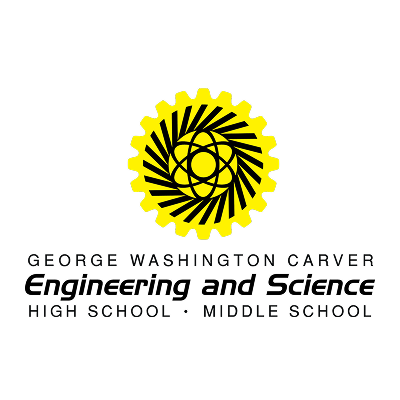
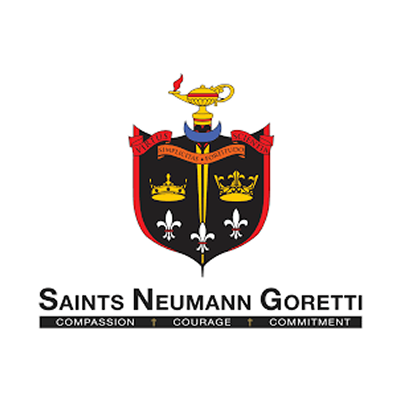
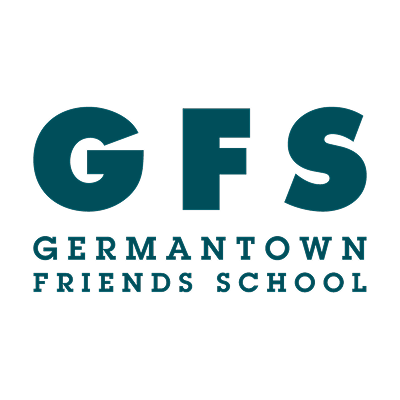
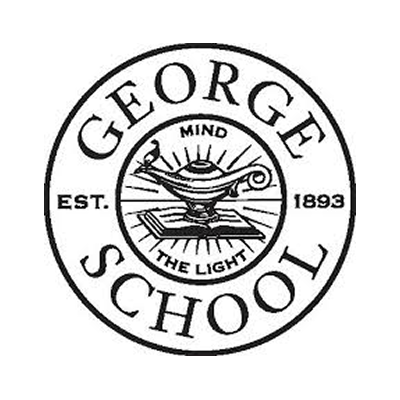
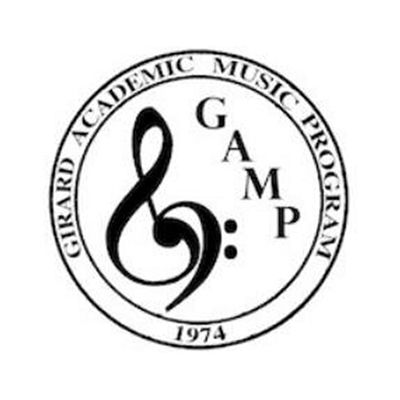
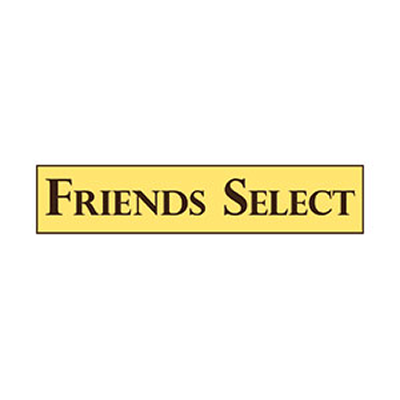
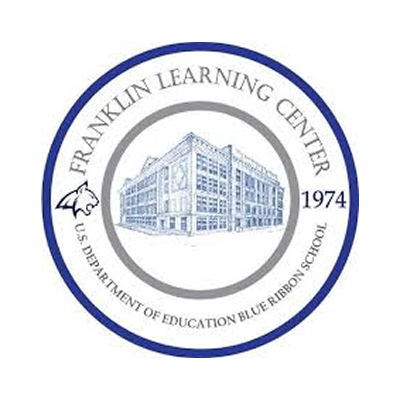
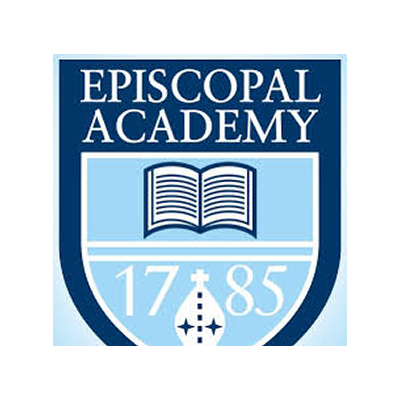
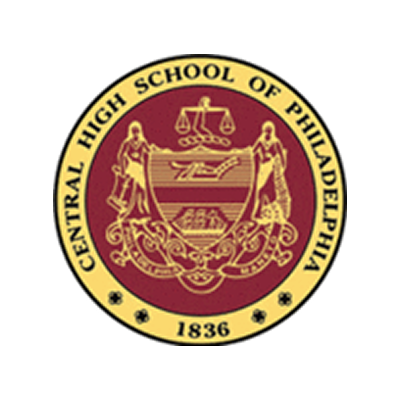
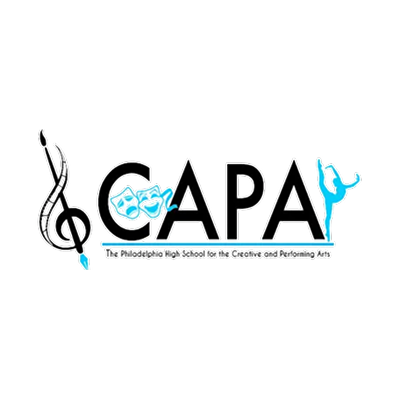
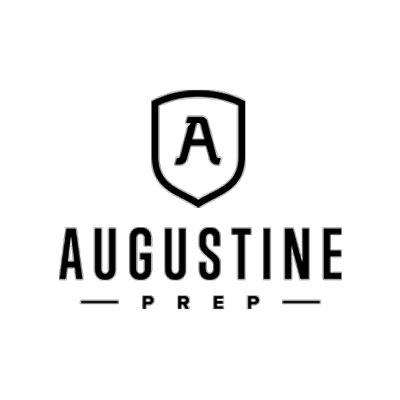
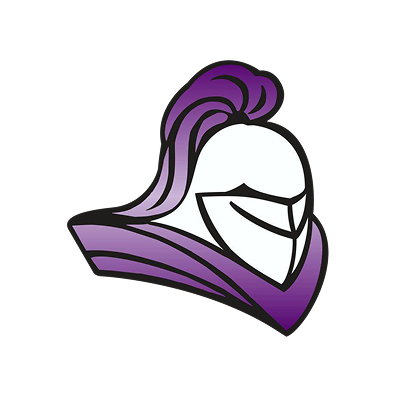
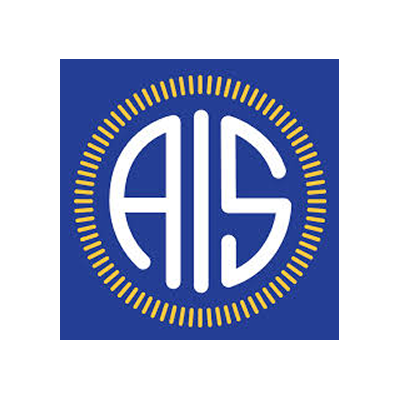
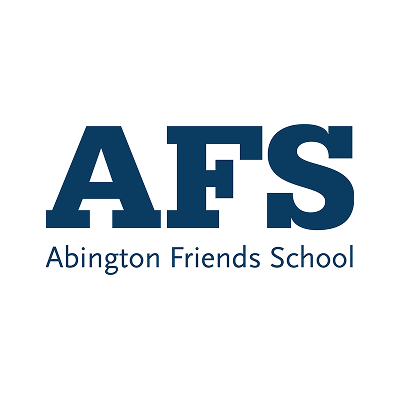
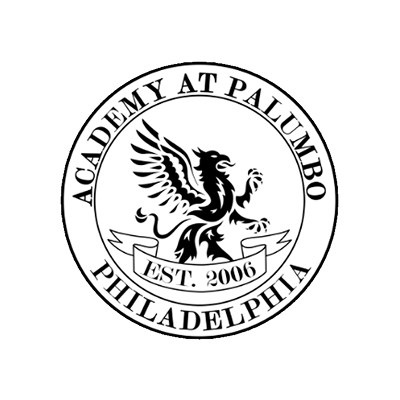
“By engaging with the broader community and addressing social issues, students learn the importance of making a positive impact and letting their actions speak for their values. They know that it's OK to disagree about big ideas and that there are powerful ways to solve conflicts through peaceful means. Our faculty models these skills and values in everything they do with their students.”















